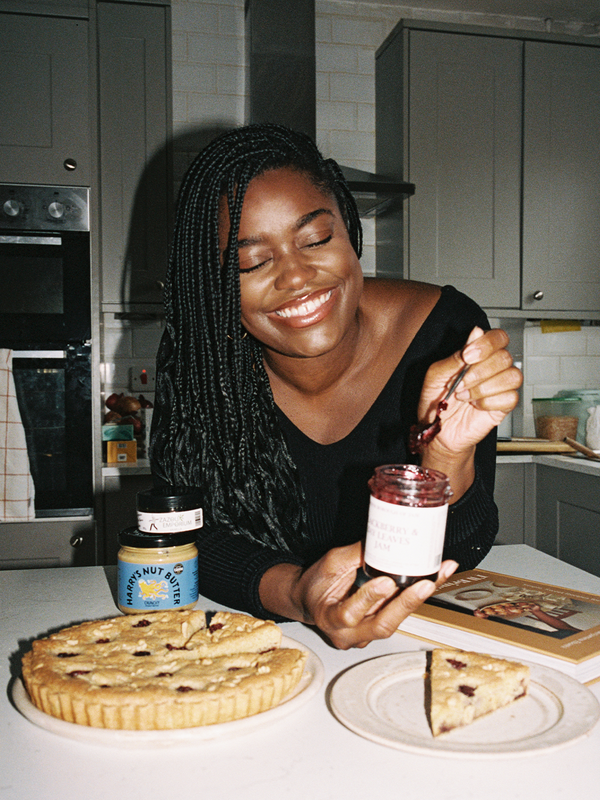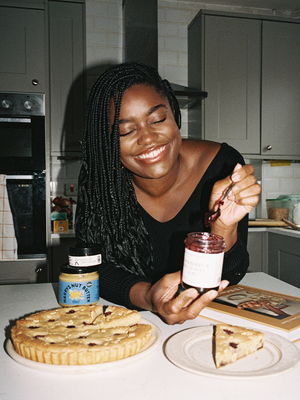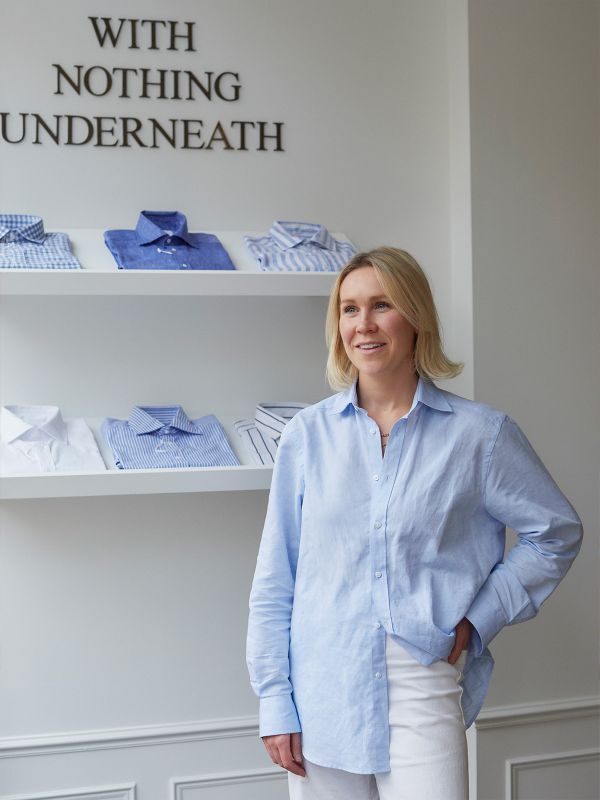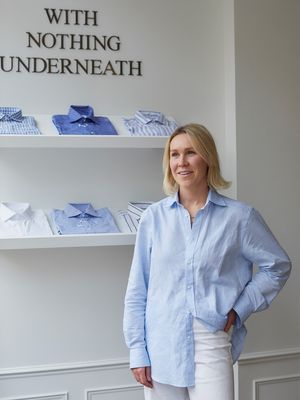
Oversharing Online Is Causing A Rising Fear Of Childbirth
Last week, a senior academic warned that parenting forums such as Mumsnet and Netmums are contributing to a rising fear of childbirth. Once just an experience between new mothers, midwives and whomever the lucky supportive partner may be, sharing your experience of giving birth has become a trending topic online between parents – but their no-holds-barred approach to story time is said to be putting other women off experiencing the miracle themselves.
Speaking at the British Science Festival last week, Catriona Jones, senior research fellow at the University of Hull, explained that “horror stories” about birth shared online are contributing the rise of tocophobia: a phobia of childbirth.
It can’t be denied that talking through your experience offers both a comfort and a kinship between parents, but Jones said these sites contain a “tsunami” of negative birthing stories: “If you go into Mumsnet forums, women are telling stories about childbirth — ‘it’s terrible, it’s a bloodbath’. I think that can be difficult to deal with,” she said. “They generate a level of anxiety among women, particularly if they’re reading stories like this when they’re already pregnant.”
A study conducted last year says around 14% of women suffer from tocophobia – a number that has continued to rise since the year 2000. And it’s not hard to see why: Beyoncé told of her issues with preeclampsia (high blood pressure) during her pregnancy with twins Sir and Rumi in September’s Vogue; Serena Williams wrote an op-ed for CNN about her near-death experience giving birth to daughter Olympia, after doctors found a hematoma in her abdomen; and writer Caitlin Moran has written at length about her traumatic birth, and her mother’s traumatic birth before her.
Of course, there are elective C-sections – but as we learnt last month, many hospitals across the UK are routinely refusing to perform caesareans on expectant mothers – almost one in six trusts refused when requests.
But it’s no wonder more and more women are trying to have caesareans. Jones says this was the reason she was asked to explore the phenomenon of oversharing – the NHS had noticed a surge in women scared to give birth vaginally and asking for other options. “They came to us and said that women were being referred to them late on in the pregnancy and they were having to work with them to unpick their fear of childbirth,” she said.
Just last week, actress Emma Thompson hit out at the “lies” women are told about the pain of childbirth, claiming it’s making us “terrified of that pain” which she feels is leading to a lot of elective C-sections, without mothers-to-be realising the effects that such a procedure can have on our bodies. She told Vulture: “The pain of giving birth is now 'optional' and yet there's no honesty about what that option can actually do to your body. It’s odd how frightened we’ve been made to feel about the pain of it [childbirth].”
But Mumsnet founder and CEO Justine Roberts says that the anecdotal information offered up by mothers on her forum is actually helpful for expectant mothers, no matter what their experience: "Mumsnet users are impatient with the idea that adult women aren't entitled to discover the truth about the full spectrum of birth experiences, from the blissful to the terrifying,” she said. “Understandably, a great deal of NHS messaging about labour focuses on the positive, but the downside of this is that mothers who have traumatic experiences feel, in retrospect, that they were given a deeply partial account: one of the most common complaints we see on this topic is 'Why on earth didn't anyone tell me the truth about how bad it could be?''
A spokesperson from the British Pregnancy Advisory Service also defended the need for sharing stories on parenting platforms, saying it was “really problematic” to see women’s experiences dismissed in this way.
"Forums like Mumsnet provide vital spaces for women to share their experiences, both good and bad,” they said. “There is much for healthcare professionals and policy makers to learn about how care can let some women down and where improvements are sorely needed.”
DISCLAIMER: We endeavour to always credit the correct original source of every image we use. If you think a credit may be incorrect, please contact us at info@sheerluxe.com.










